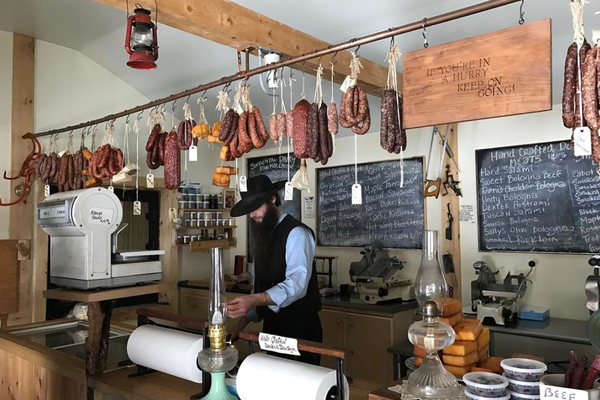Dig into some of the best the Pine Tree State has to offer.
Gastro Obscura’s Guide to Eating Through Maine
While lobsters, blueberries, and whoopie pies certainly come to mind when thinking about the edible wonders of Maine, they’re also just the tip of the iceberg. Stick to the headliners and you’ll miss out on some other uniquely Maine food and drink.
Within the 3,500 miles of tidal coast, the quaint mountain towns, and nature-adjacent cities that make up the Pine Tree State, you’ll encounter off-the-beaten-path culinary settings including the only food truck park in New England, a Deer Isle sculpture park that sells jams and jellies, and a James Beard-nominated eatery operating out of a 100-year old dining car. You’ll meet one-of-a-kind food figures like the speech pathologist running a flour mill out of a former jailhouse, or an Amish deli run by a military-man-turned-chef out of a log cabin without electricity. And you’ll taste some of Maine’s lesser-lauded flavors, from seaweed jerky to maple syrup brandy and blueberry port.
So do enjoy Maine’s revered blueberries, seafood, and baked goods. Just remember the myriad culinary curiosities also waiting in the wing for you.
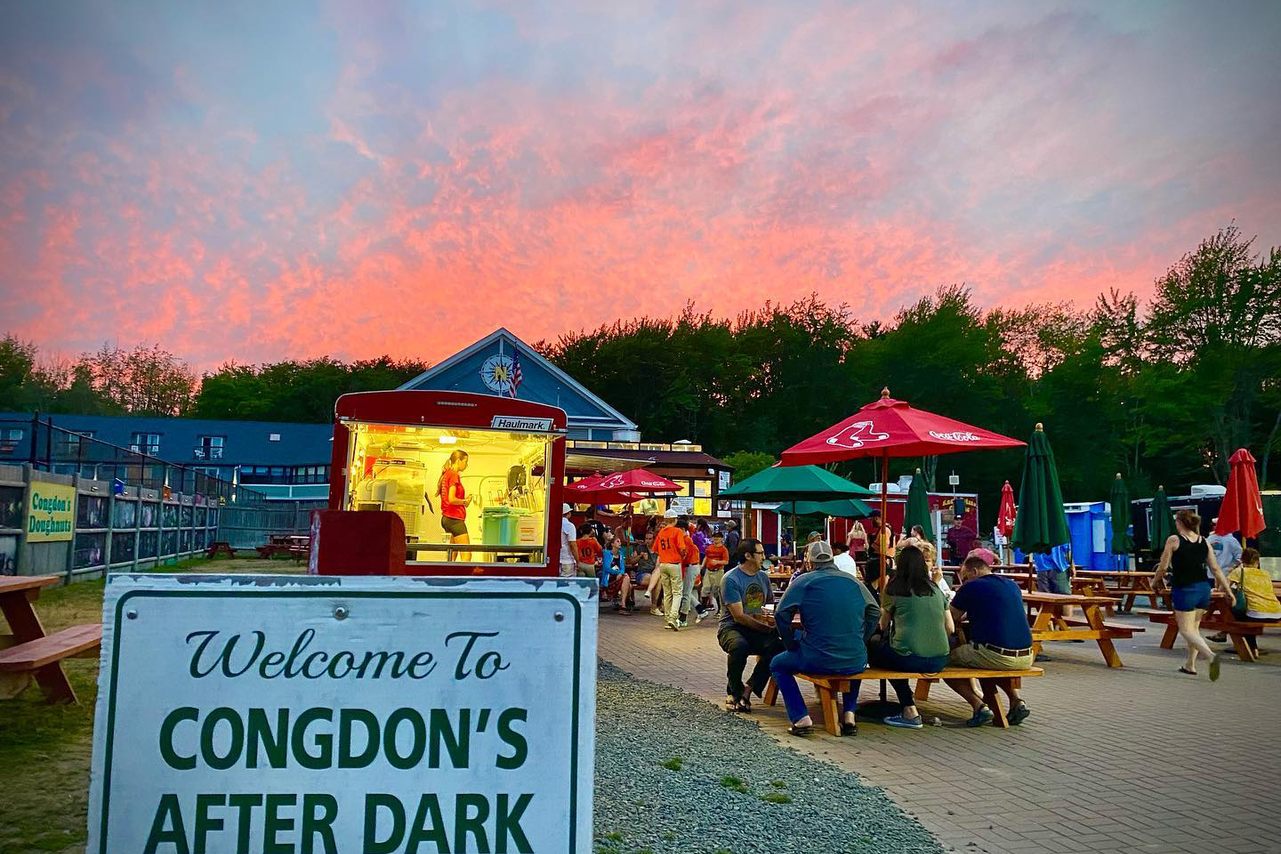
1. Congdon’s After Dark
Congdon’s After Dark is very likely the only dedicated food truck park in New England. During the warmer seasons, they host up to 10 mobile eateries offering diverse cuisines—everything from Thai food to gyros, empanadas to gelato, and of course, lobster rolls—as well as regular live music, weekly fundraisers, kids entertainment, and car rallies.
The park is run by the family behind Congdon’s Doughnuts, and their sweet treats are often available—even in liquid form: After Dark has teamed up with two Maine breweries to create custom brews infused with their locally famous doughnuts, like Honey Dip Blonde from Mast Landing and Fritter Stouts from Barreled Souls.
1090 Post Rd, Wells, Maine 04090 United States

2. Maine Grains
During the 19th century, Maine was considered the breadbasket of New England, with tiny Somerset County producing enough wheat to feed over 100,000 people. However, with much of Maine’s grain farming eventually relocating to the Midwest, the region’s prodigious wheat production largely ceased by the 19th century.
In the early 2000s, inspired by central Maine’s rich agricultural history, speech pathologist Amber Lambke began hosting a gathering of grain lovers called The Kneading Conference. Backed by a community of bakers and farmers interested in revitalizing local grain, Lambke realized the need for a mill. She bought the historic Skowhegan county jailhouse in 2009 and Maine Grains was born. It has since been home to a creamery, yarn shop, community radio station and, of course, a state of the art flour mill.
Maine Grains uses Austrian stone mills to transform oats, rye, wheat, corn, and buckwheat from over 45 farms throughout Maine and the Northeast into organic flours, though they also sell dried beans and whole grains for home-milling. And as part of the building complex, the Miller’s Table Café & Bakery showcases wood-fired pizza, sandwiches, and pastries all made from flour milled right upstairs.
42 Court St, Skowhegan, Maine 04976 United States
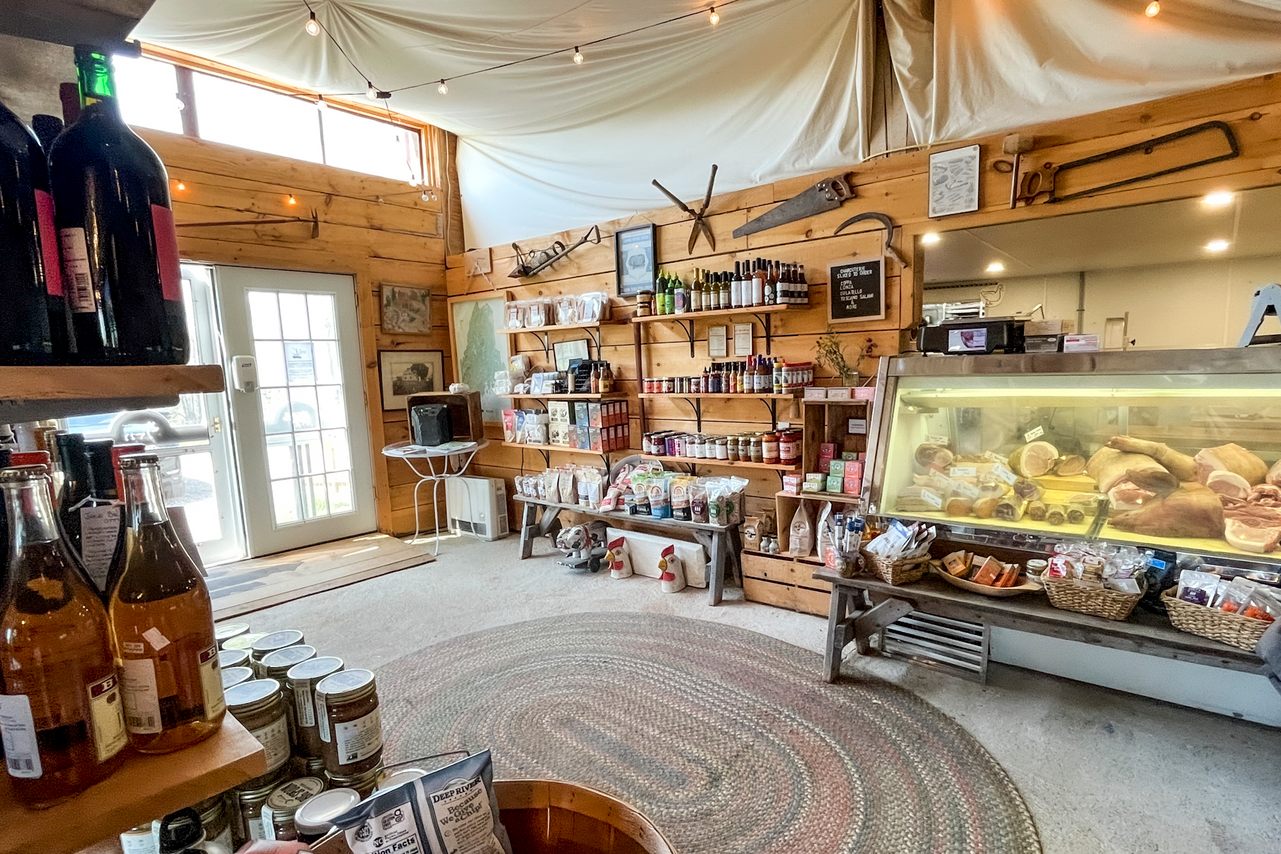
3. Broad Arrow Farm
As the saying goes, “anyone who loves the law or sausages should never watch either being made.” While we can’t speak for the law, there’s one farm in Bristol, Maine where understanding your food’s provenance is the mission.
The pigs at Broad Arrow Farm—largely heritage breeds like Large Black, Gloucestershire Old Spots, and Berkshire—are born on the property and spend their lives foraging on autumn acorns and beechnuts in the forests and pastures of the Pemaquid Peninsula.
Owner Dan Sullivan started the farm in 2014 as a way to provide an alternative to industrial food systems that connected the surrounding community to its sources of food. The farm is also home to a specialty food market which features their meats, local beer and cider, and artisanal pantry items from other producers around the state.
After a series of successful farm dinners, they opened a charcuterie bar which they aptly named The Rooting Pig. Small plates starring locally produced ingredients are on offer, but the charcuterie board—replete with local cheeses and a rotating selection of Broad Arrow dry-cured meats—is the real showstopper.
33 Benner Rd, Bristol, Maine 04539 United States

4. Zu Bakery
Located in the thick of Portland’s West End, Zu Bakery is veteran baker Barak Olins’ homage to the French bakeries of the 1930s—the city’s first micro-boulangerie. With its cozy quarters and open floor plan, the entire baking process is on display for visitors, so you can watch Olins and his fellow bakers churn out crusty baguettes, hearty Danish ryes, and light and airy croissants, much of which are made with whole-grain flour milled in-house.
Small scale production at its best, bread baking is done throughout the day to preserve freshness, so don’t be surprised if you arrive early and your favorite loaf isn’t quite ready. But what’s better than having it handed to you fresh out of the oven?
81 Clark St, Portland, Maine 04102 United States
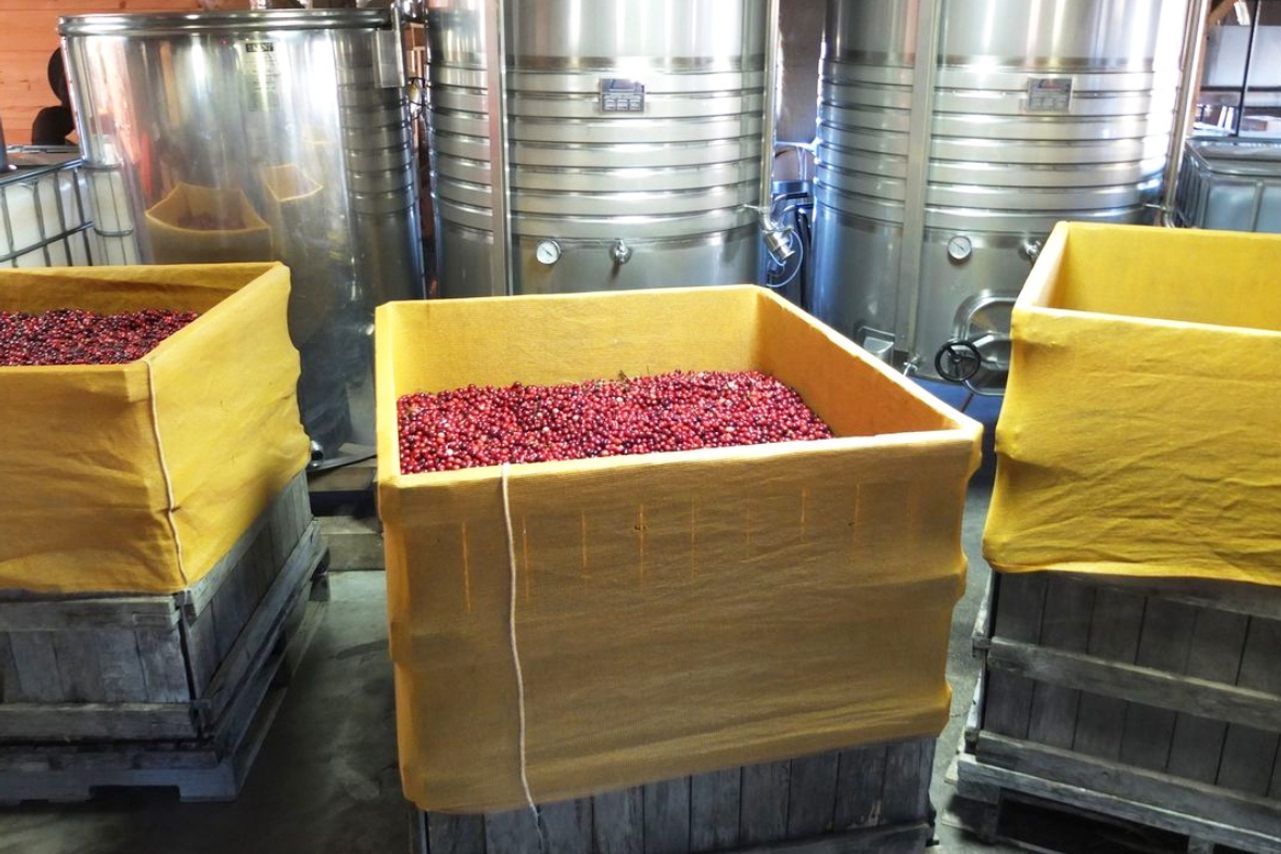
5. Sweetgrass Winery
Because Maine’s climate and soil don’t offer hospitable conditions for most grape varieties, the Pine Tree State isn’t exactly known for its wine. But what the state does have is fruit, and plenty of it—which is exactly what Keith and Constance Bodine of Sweetgrass Winery & Distillery use to create some distinctly Maine wine, spirits, and ciders.
Armed with a master’s in Food Science and Enology (winemaking), Keith first brought his knowledge of fermenting and distilling to Maine in 2005, where his wife Constance was raised. To date, Sweetgrass Winery has produced a maple syrup brandy, a rhubarb liqueur, a Sangria made with apples, cranberries, and peaches, a cherry-apple hard cider, a blueberry tawny port, and much more. A handful of praise, including Best Wine in Maine at the 2010 Eastern States Exposition Wine Competition as well as nods from Wine Enthusiast and Forbes prove that it wasn’t just for novelty, either—Sweetgrasses offerings are as inventive as they are top-shelf.
Sweetgrass has a tasting room in Portland’s Old Port, but their homebase in rural Union is where you can take tours, hike trails around their farm, and enjoy a picnic after sampling some sips.
347 Carroll Rd, Union, Maine 04862 United States

6. Charcuterie
After serving in the military, Matthew Secich became a chef working in high-end restaurants in Chicago and Washington, D.C. before opting for a simpler life. He moved to Maine, converted to the Amish faith, and has been running a deli with his family since 2015.
You’ll find Charcuterie at the end of a rural road surrounded by woods and farmland. Inside the log cabin shop, long ropes of kielbasa, andouille sausage, and smoked cheeses hang above the counter, patiently curing. Chalkboards spell out the menu, including rosemary molasses bacon, fresh bratwurst, and Tuscan salami. Everything here is grown on the family farm which—in keeping with their faith—runs without electricity. A wood stove keeps it cozy, oil lamps are lit once the sun goes down, and the meat is kept cool on ice that’s hand-cut each winter after being harvested from a local lake.
Leelyn Rd, Unity, Maine 04988 United States

7. Nervous Nellie’s Jams and Jellies
Down a back road on the far reaches of Deer Isle—one of Maine’s many bridged island communities—you’ll find more than just homemade jams and jellies. You’ll also find Nellieville.
Since the mid-1980s, artist and jelly-maker Peter Beerits has been adorning the woods surrounding his jelly business with obscure sculptures. Spending summers on Deer Isle growing up, Beerits became fascinated by refuse material on the island and saw their potential as art supplies. His junk collection found new life in Nellieville: a living museum made of an eclectic hodgepodge of wood, metal, and glass.
In addition to characters and scenes dreamed up by Beerits, there’s also a Wild West town—complete with a jail, a lawyer’s office, and a saloon—showcasing real-life events from the Gold Rush-era as well as a recreation of a legendary Deer Isle general store fronted by the store’s actual facade and the best of Beerits memory. On select (though unpredictable) Friday afternoons during the warmer seasons, you can join him for an inside tour of the ever-evolving village.
Of course, be sure to pick up one of Nellie’s delicious spreads for your toast, which include orange marmalades, mango chutneys, and cherry peach conserves, many of which are made with local ingredients.
598 Sunshine Rd, Deer Isle, Maine, 04627 United States

8. Palace Diner
While a handful of restaurants operating out of diner cars have popped up throughout Maine—A1 Diner in Gardiner and Miss Portland Diner in Portland come to mind— the Palace Diner in Biddeford is the oldest, and certainly the most praised. Built by the Pollard Company in 1927, it fed workers at the textile mills along the Saco River for decades. And while it’s changed hands six times since then, it has retained the original mint-green floor tiles, steel backsplashes, and worn countertop.
Today’s owners, Greg Mitchell and Chad Conley—who cut their teeth in high-end kitchens and highly regarded farms—bring their cooking chops to a humble menu, breathing new life into diner favorites like tuna melts and corned beef hash to undeniable success (if a 2008 James Beard Award nomination is any indication).
As is the case with most dining cars, there are only fifteen seats so expect a wait unless you arrive right after they open. Palace is cash only, but there is an ATM on-site.
18 Franklin St, Biddeford, Maine 04005 United States

9. Heritage Seaweed
To some, seaweed is merely a nuisance to avoid while swimming. Historically, however, it has been hugely important to food systems across the Pine Tree State: chock-full of trace minerals, gardeners use seaweed to enrich their soil, and subsistence farmers supplement their food supply with saltwater greens. More recently, wild-harvested and farmed seaweed has become a booming business, with everyone from lobstermen to chefs getting on board.
Taking things a step further, Heritage Seaweed’s founder Josh Rogers began testing tea blends that incorporated dulse, kelp, and bladderwrack, noticing that the flavors of green and black tea were enhanced by the umami of sea vegetables. Cup of Sea now retails at over 50 grocery stores, specialty shops and cafés in New England and New York City. In 2018, he opened a retail shop in downtown Portland where, in addition to dried seaweeds and teas, there are shelves full of seaweed food items like jerky, salsa, pickles, puree, seasonings, salad, kimchi and kraut. They also stock seaweed-based bath and body items as well as cookbooks, art, and field guides. Seaweed Heritage also holds regular tastings and events to educate the public about seaweed and ocean sustainability.
61 India St, Portland, Maine 04101 United States
Sponsored by the Maine Office of Tourism. Click here to explore more.

Gastro Obscura’s 11 Essential Places to Eat and Drink in Bangkok
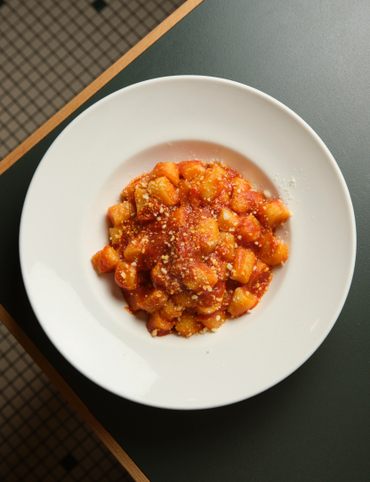
Gastro Obscura’s 10 Essential Places to Eat and Drink in Rome
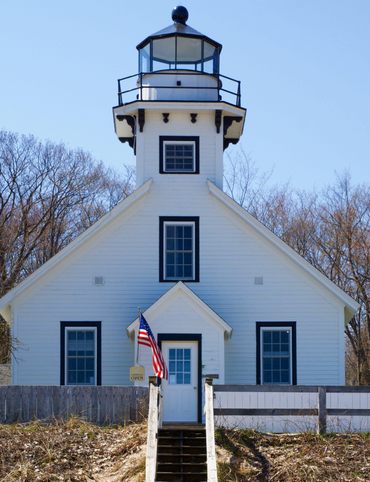
The Explorer’s Guide to Road Tripping Around the Great Lakes

10 National Parks That Are Perfect for a Road Trip

10 Out-of-This-World Places You Can Reach in Your Car

The Explorer’s Guide to Road Tripping Around Appalachia

The Explorer’s Guide to Road Tripping Down Highway 61
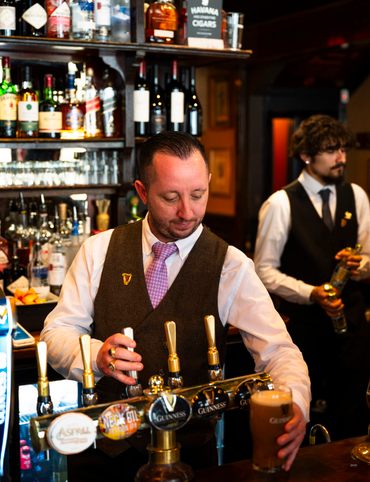
Gastro Obscura’s 10 Essential Stops on an Alternative London Pub Crawl

The Explorer’s Guide to Joshua Tree National Park

The Explorer’s Guide to the Great Smoky Mountains National Park

Cosmic Colorado: A Stargazer’s Guide to the Centennial State

The Explorer’s Guide to Banff National Park

10 Wild Places That Define West Virginia’s Landscape

The Ultimate Guide to Hidden Red Rocks: 10 Secret Passageways, Artifacts, and Ghost Stories

The Explorer’s Guide to Williamsburg, Virginia
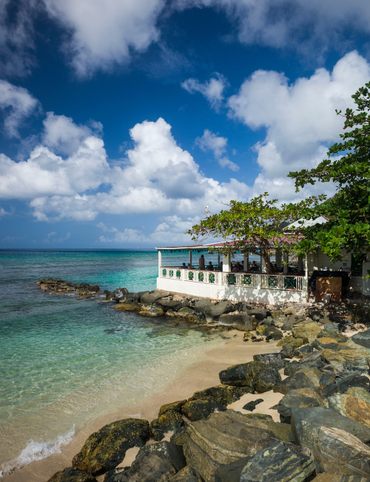
The Explorer’s Guide to the British Virgin Islands
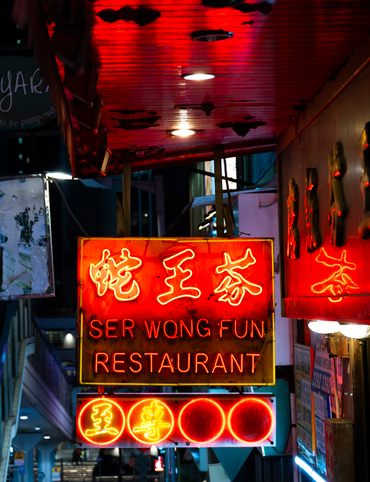
Gastro Obscura’s 10 Essential Places to Eat, Drink, and Shop in Hong Kong

A Denver Guide for National Park Lovers
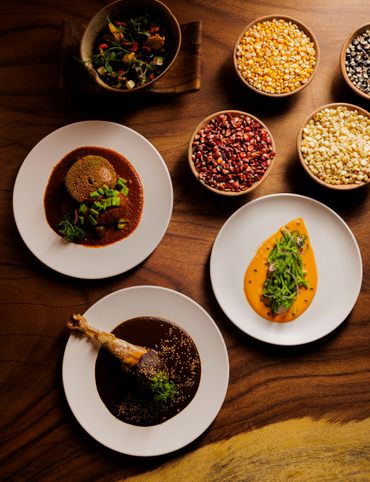
Gastro Obscura’s 10 Essential Places to Eat and Drink in Oaxaca
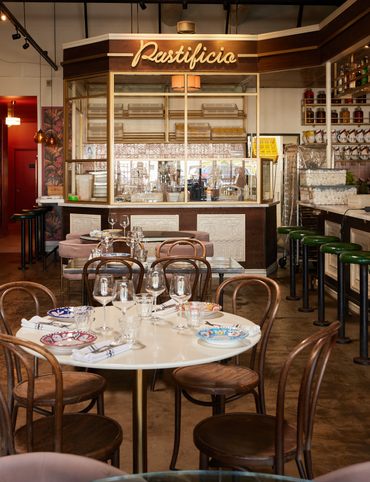
A Gastro Obscura Guide to Family-Friendly Dining in San Diego

The Explorer’s Guide to Outdoor Wonders In Maryland

The Secret Lives of Cities: Ljubljana

From Cigar Boom to Culinary Gem: 10 Essential Spots in Ybor City

The Explorer’s Guide to Wyoming’s Captivating History

A Nature Lover’s Guide to Sarasota: 9 Wild & Tranquil Spots

California’s Unbelievable Landscapes: A Guide to Nature’s Masterpieces

The Ultimate California Guide to Tide Pools and Coastal Marine Life

Explore California on Foot: Nature’s Year-Round Playground

Mardi Gras 9 Ways: Parades, Cajun Music, And Courirs Across Louisiana

The Explorer’s Guide to Winter in Germany

Ancient California: A Journey Through Time and Prehistoric Places

The Wildest West: Explore California’s Ghost Towns and Gold Fever Legacy

Sweet California: A Culinary Guide to Tasty Treats Across the State

Sea of Wonders: An Itinerary Through California’s Stunning Shoreline
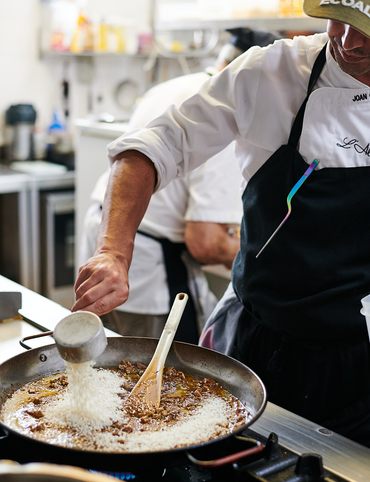
10 Places to Taste Catalonia’s Gastronomic Treasures

Atlas Obscura’s Guide to Palm Springs

Atlas Obscura’s Guide to the 10 Most Mystifying Places in Illinois

10 Fascinating Sites That Bring Idaho History to Life

North Carolina's Paranormal Places, Scary Stories, & Local Haunts

Exploring Missouri’s Legends: Unveiling the Stories Behind the State’s Iconic Figures
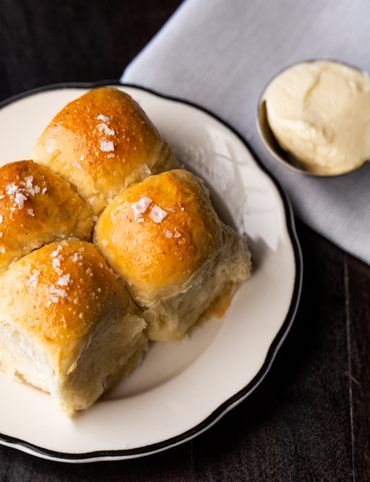
These Restaurants Are Dishing Out Alabama’s Most Distinctive Food
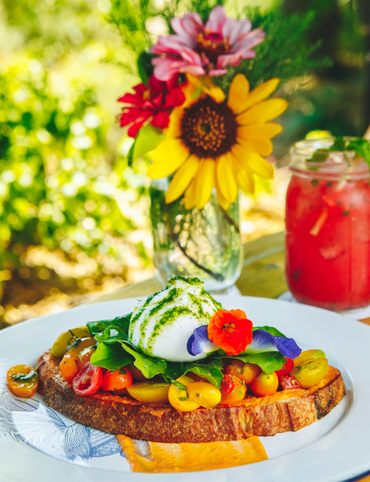
A Gastro Obscura Guide to Los Cabos

9 Watery Wonders on Florida’s Gulf Coast
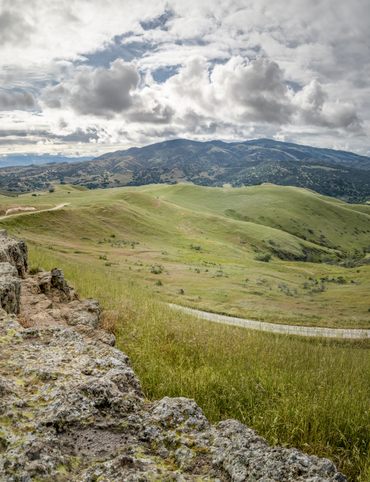
Discover the Surprising and Hidden History of Monterey County

Gastro Obscura’s Guide to Eating Your Way Through Charlotte

Talimena Scenic Byway: 6 Essential Stops for Your Arkansas Road Trip

9 Amazing Arkansas Adventures Along the Scenic 7 Byway
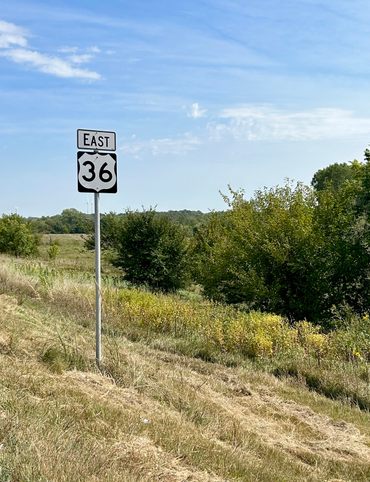
The Explorer's Guide to Highway 36: The Way of American Genius

A Behind-the-Scenes Guide to DC’s Art and Music

9 Places Near Las Vegas For a Different Kind of Tailgate

10 Places to See Amazing Art on Florida's Gulf Coast

8 Reasons Why You Should Visit the Bradenton Area

A Music Lover’s Guide to New Orleans
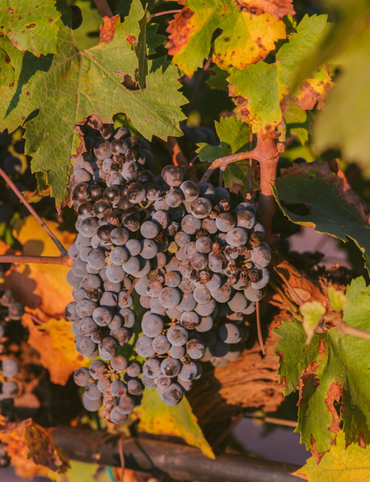
Gastro Obscura’s Guide to Sipping Wine in Catalonia

9 Hidden Wonders in the Heart of Kansas City

10 Unexpected Delights of Vermont's Arts and Culture Scene
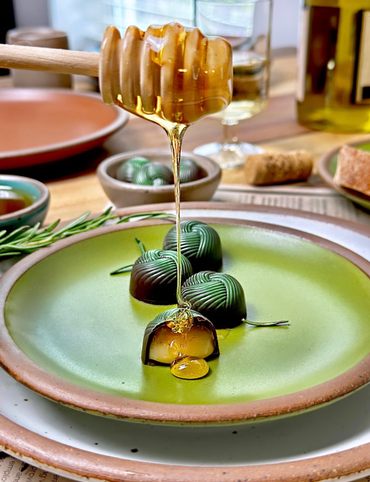
The Gastro Obscura Guide to Asheville Area Eats
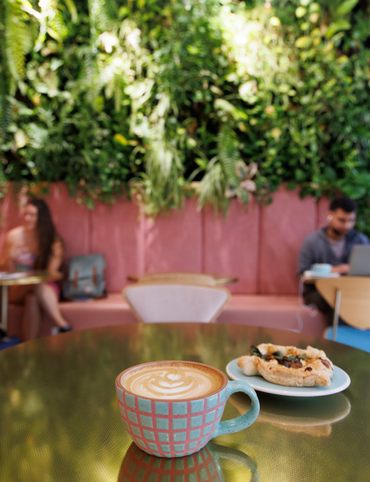
Gastro Obscura’s Guide to St. Pete/Clearwater

9 Hidden Wonders in Eastern Colorado

7 Places to Experience Big Wonder in Texas

8 Out-There Art Destinations in Texas

6 Ways To See Texas Below the Surface

9 Places to Dive Into Fresh Texas Waters

7 Ways to Explore Music (and History) in Texas

8 Ways to Discover Texas’ Rich History

The Explorer’s Guide to the Northern Territory, Australia
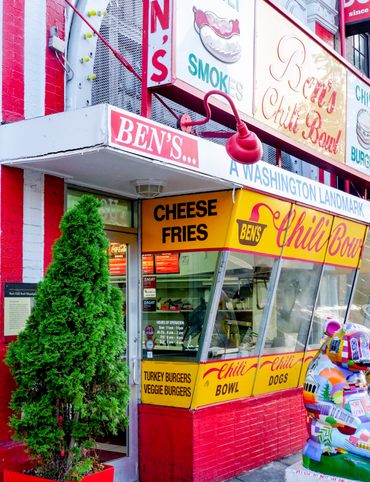
The Explorer's Guide to U Street Corridor
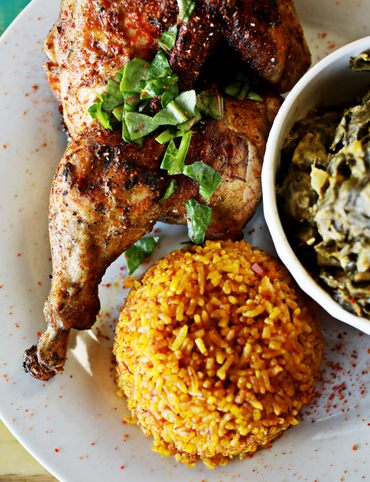
Gastro Obscura Guide to Southern Eats

Only In Delaware
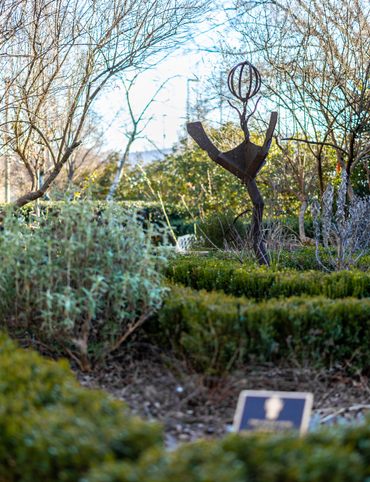
The Secret History & Hidden Wonders of Charlotte, North Carolina

Exploring Colorado's Historic Hot Springs Loop

These 8 Arizona Ghost Towns Will Transport You to the Wild West

A Guide to Arizona’s Most Striking Natural Wonders
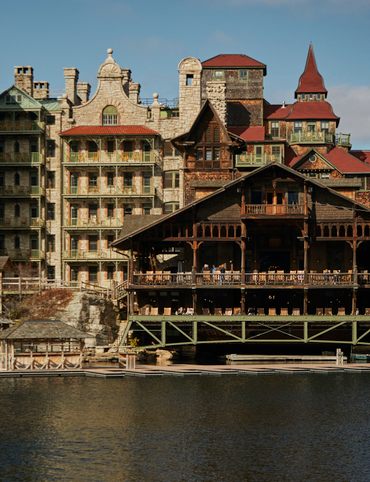
The Explorer's Guide to Hudson Valley, New York

Discover the Endless Beauty of the Pine Tree State

Travel to New Heights Around the Pine Tree State

8 Historical Must-Sees in Granbury, Texas

7 Creative Ways to Take in San Antonio’s Culture

Eat Across the Blue Ridge Parkway

6 Ways to Absorb Addison, Texas’ Arts and Culture

6 Ways to Take in the History of Mesquite, Texas

6 Ways to Soak Up Plano’s Art and Culture
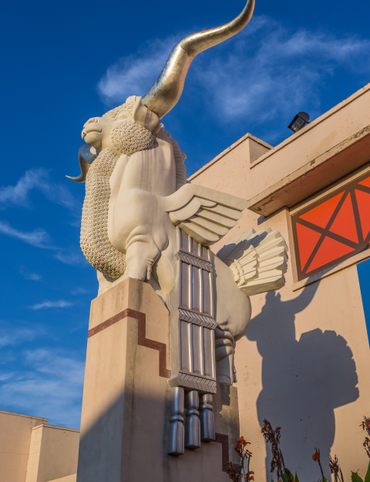
9 Dallas Spots for Unique Art and Culture
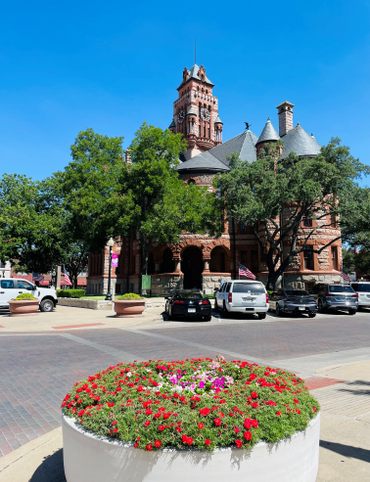
7 Sites of Small-Town History in Waxahachie, Texas

6 Natural Wonders to Discover in Austin, Texas

Discover the Secrets of Colorado’s Mountains and Valleys

A Road Trip Into Colorado’s Prehistoric Past

A Feminist Road Trip Across the U.S.

All Points South

Asheville: Off the Beaten Path

Restless Spirits of Louisiana
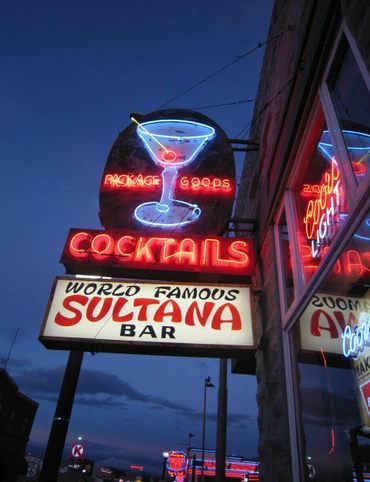
Eat Across Route 66

18 Mini Golf Courses You Should Go Out of Your Way to Play

4 Underwater Wonders of Florida
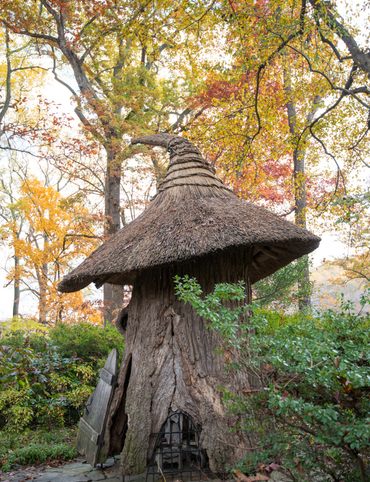
6 Spots Where the World Comes to Delaware

Study Guide: Road Trip from Knoxville to Nashville
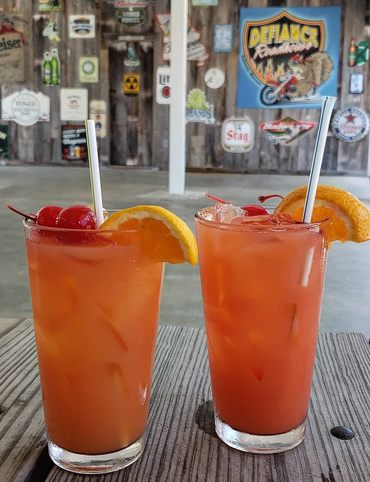
6 Wondrous Places to Get Tipsy in Missouri

Rogue Routes: The Road to Pikes Peak

Rogue Routes: The Road to Carhenge

4 Pop-Culture Marvels in Iowa

7 Stone Spectacles in Georgia

6 Stone-Cold Stunners in Idaho

8 Historic Spots to Stop Along Mississippi's Most Famous River

5 Incredible Trees You Can Find Only in Indiana

5 Famous and Delightfully Obscure Folks Buried in Kentucky

4 Wacky Wooden Buildings in Wyoming

7 Spots to Explore New Jersey’s Horrors, Hauntings, and Hoaxes

4 Out-There Exhibits Found Only in Nebraska
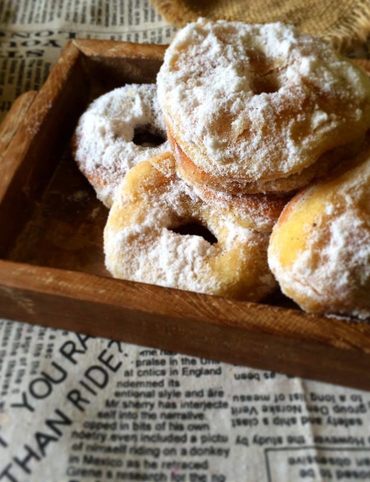
6 Sweet and Savory Snacks Concocted in Utah

12 Places in Massachusetts Where Literature Comes to Life

8 Places to Get Musical in Minnesota

8 Buildings That Prove Oklahoma's an Eclectic Art Paradise

9 Stunning Scientific Sites in Illinois

5 Strange and Satanic Spots in New Hampshire
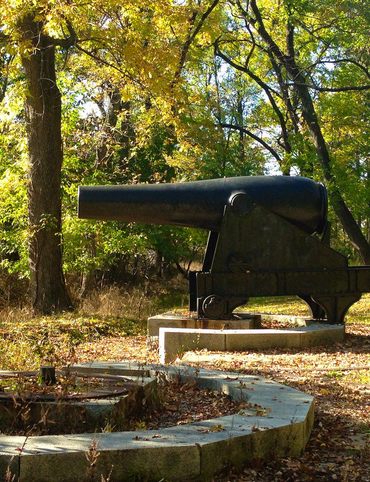
8 Historic Military Relics in Maryland

5 of Colorado's Least-Natural Wonders

Rogue Routes: The Road to Sky’s the Limit

6 Hallowed Grounds in South Carolina

9 Rocking Places in Vermont

Knoxville Study Guide

Nashville Study Guide

Rogue Routes: The Road to Camp Colton
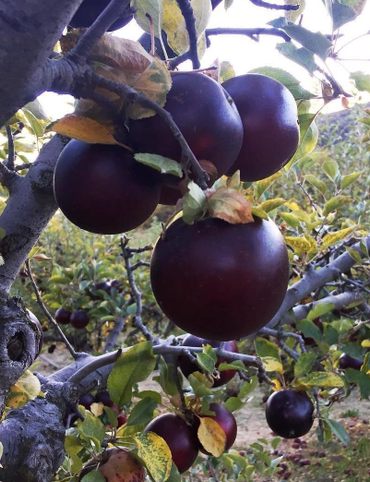
Black Apples and 6 Other Southern Specialties Thriving in Arkansas

4 Monuments to Alabama’s Beloved Animals

The Dark History of West Virginia in 9 Sites

11 Zany Collections That Prove Wisconsin's Quirkiness

7 Inexplicably Huge Animals in South Dakota
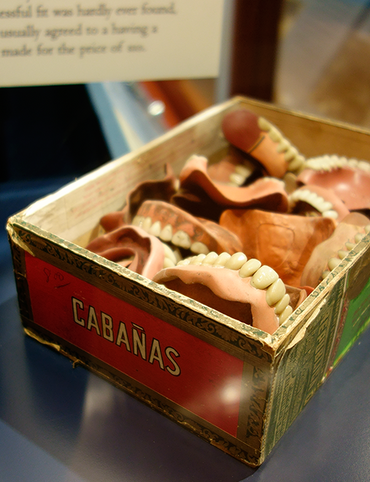
6 Fascinating Medical Marvels in Pennsylvania

8 Places in Virginia That Aren’t What They Seem

7 Cool, Creepy, and Unusual Graves Found in North Carolina

7 of Montana's Spellbinding Stone Structures

9 of Oregon’s Most Fascinating Holes and Hollows

Take to the Skies With These 9 Gravity-Defying Sites in Ohio

9 Strange and Surreal Spots in Washington State

8 Watery Wonders in Hawaiʻi, Without Setting Foot in the Ocean
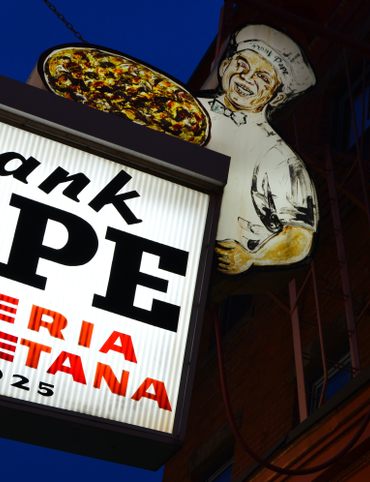
6 Unusual Eats Curiously Cooked Up in Connecticut

11 Close Encounters With Aliens and Explosions in New Mexico

10 Places to Trip Way Out in Kansas
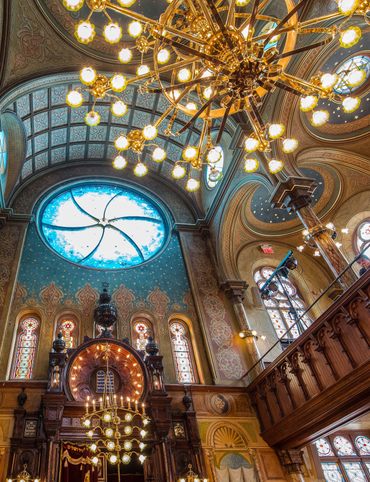
The Resilience of New York in 10 Remarkable Sites

7 Very Tall Things in Very Flat North Dakota

8 Blissfully Shady Spots to Escape the Arizona Sun
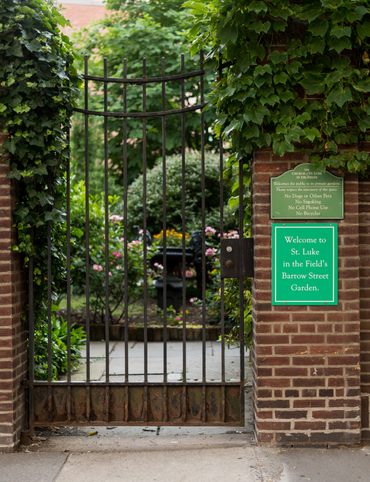
On the Run: NYC

On the Run: Los Angeles

9 Surprisingly Ancient Marvels in Modern California

10 Art Installations That Prove Everything's Bigger in Texas

6 Huge Things in Tiny Rhode Island

7 Underground Thrills Only Found in Tennessee

Sink Into 7 of Louisiana's Swampiest Secrets

7 Mechanical Marvels in Michigan

11 Wholesome Spots in Nevada
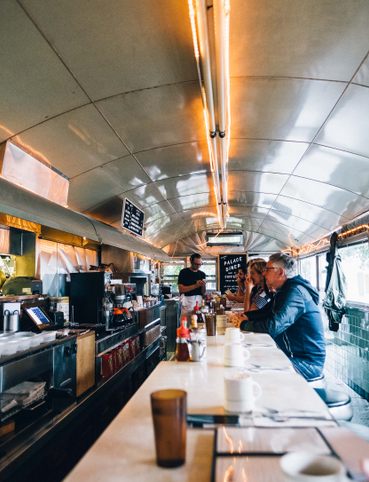
7 Places to Glimpse Maine's Rich Railroad History

11 Places Where Alaska Bursts Into Color

9 Places in D.C. That You're Probably Never Allowed to Go

2 Perfect Days in Pensacola

Rogue Routes: The Road to the Ice Castles

Taste of Tucson

North Iceland’s Untamed Coast

Hidden Edinburgh
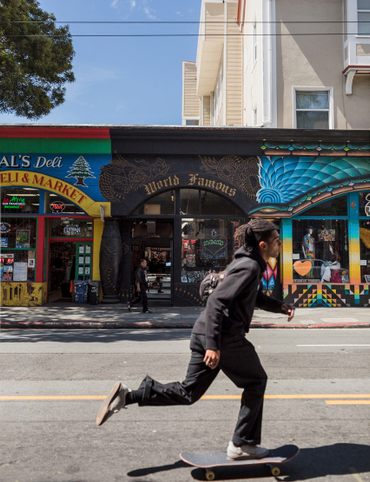
Hidden Haight-Ashbury
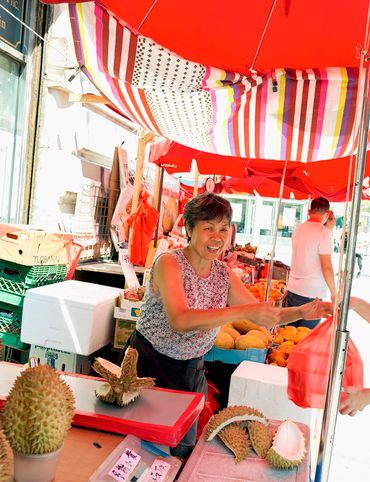
The Many Flavors of NYC’s Five Boroughs

Hidden French Quarter

The Metropolitan Museum of Art

Motown to Music City Road Trip

Gulf Coast Road Trip

Hidden Coachella Valley

Highland Park

Venice

L.A.’s Downtown Arts District

Hidden Trafalgar Square

Secrets of NYC’s Five Boroughs

Mexico City's Centro Histórico

Hidden Hollywood

Hidden Times Square

Summer Radio Road-Trip
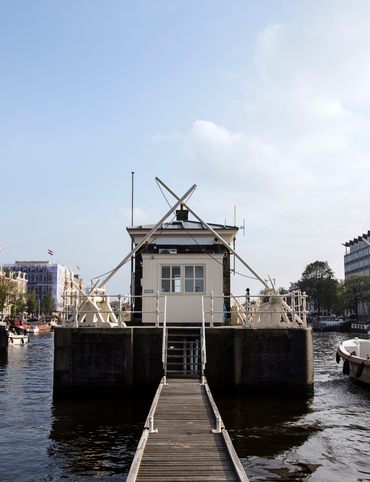
Amsterdam
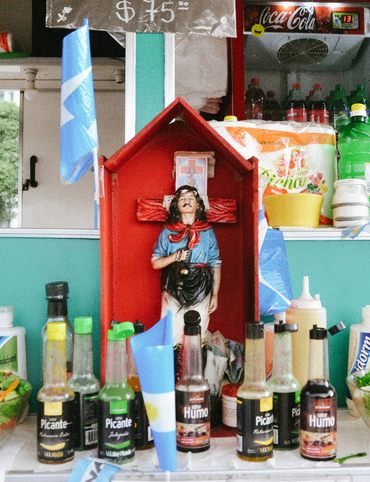
Buenos Aires

Chicago
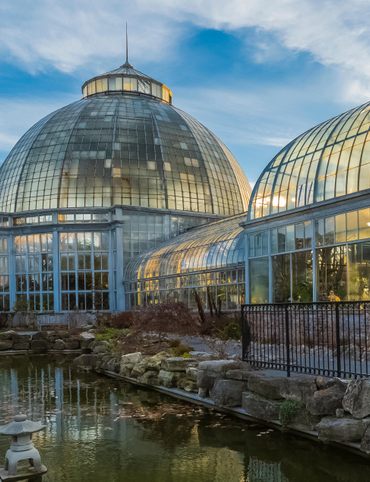
Detroit

Lisbon

Miami

Queens

San Diego



